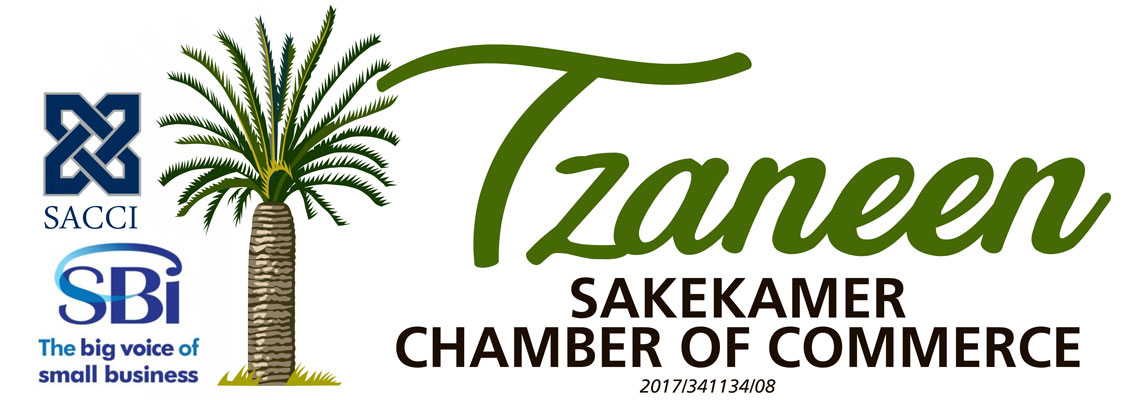Successful business networking is all about knowing how to approach people and engage them in conversation. You need to know how to make a good impression, share interesting things about yourself and your business, listen when others talk, and ask thoughtful questions that will help you build rapport and deepen the relationship. This article will give you step-by-step instructions on how to network like a pro at any event.
1. Plan and prepare.
Planning and preparing for a business networking event is an important part of the process. Here are some things you should do:
- Know what you want to get out of the event. If your goal is to connect with specific people in your industry, make sure you know who these people are. If it’s to generate more leads or find new clients, think about how those contacts could benefit from working with you.
- Prepare for how you will present yourself at the event. Do this by ensuring that all of your social media profiles are up-to-date and include both professional photos as well as candid shots that show a more personal side of who you are outside of work hours (for example, having friends on them). This will help create more trust between colleagues if they see how much time they spend together outside of work events!
2. Attend with a goal in mind.
If you’re planning on attending a business networking event, there are several steps you can take to ensure that it will be a success. The first thing is to know why you’re attending the event in the first place. Are you hoping to make new connections? Do want to meet potential clients? Or do you just want some general exposure for your company?
Before going into any networking event, create a list of people whom it would be beneficial for you to meet and contact them beforehand. This way, when they see that person approaching them at the event, they’ll have some idea of who that person is and why they should talk with them (or at least not ignore them). If possible, send out invitations via email so everyone has time to think about what kind of questions or topics of conversation might come up during their meeting (or if there are any sensitive issues that need addressing).
3. Make an impressive self-introduction.
As you enter the event, you are sure to be greeted by a host or hostess who will ask you to introduce yourself.
If possible, try asking for advice from other attendees before making an introduction; this way they’ll feel comfortable talking with you right off the bat since they already know some basic information about what kind of work experience/skillsets etcetera…
4. Give before you receive.
This is an expression we’ve all heard before. The saying is especially appropriate when it comes to business networking events. Giving before you receive will help you get more out of these events in the long run.
Here are some ways that you can give before you take at a business networking event:
- Bring something for everyone there. This could be anything from munchies to a business card holder or even balloons, depending on what kind of event it is and who is attending, but make sure that whatever item(s) you give away is relevant to your industry or field (i.e., if it’s a real estate event, don’t bring in snacks from McDonald’s).
- Ask questions about other people’s businesses/experiences—this doesn’t mean just asking them about themselves as individuals; try asking questions about their companies as well if possible (e.g., how many employees do they have? How long have they been in business?). By doing so, it shows interest in their company and helps build rapport with others at the same time!
5. Come prepared with business cards.
When it comes to business cards, there are a few things you can do to ensure that you’re making the most of your brand.
First off, make sure the design of your card is simple and well-designed. A poorly designed card will not only look unprofessional but also appear cheap in the eyes of others. Make sure that it has all of your contact information as well as any other relevant social media links on it (if applicable).
Secondly, make sure that you get the best quality possible when printing out your cards so that they last longer and don’t start falling apart after just a few uses. Finally – because these cards are so important – try creating some samples before sending them off for printing so you know exactly how they will turn out!
6. Make your pitch succinct but memorable.
If you are participating in a business networking event, make sure that you know what you want to get out of it. Before the event, sit down and consider if there is anything specific that needs to be achieved from your participation.
When it comes time for your presentation, keep your pitch succinct but memorable. Pitch ideas rather than products and services; tell stories rather than statistics or features; focus on the human side of things rather than the technical details. Remember, people like buying into success—so make sure that they can see how much potential there is in your business (or even better yet, how much potential they can have with their own!).
7. Listen carefully and take notes.
Listening is a skill that can be developed, but it’s important to remember that you won’t always have the opportunity to take notes. In most cases, your conversation will be over before you have a chance to write anything down. So, when you do have time to write down what was said or learn more about someone who interests you, make sure they are memorable enough that you can recall them later without writing them down.
Take notes on their name, job title and company name if possible so that when it comes time for follow-up later on in the day or week (or even month), these details will be readily available at hand.
8. Exchange ideas and information.
When you attend a business networking event, it’s important to share information and ideas with other attendees. You can do this in several ways:
- Ask questions. Before going to a networking event, think about what you would like to know more about or ask others who may be able to help. Then at the event, talk with other attendees and ask them those questions. Their answers will help guide future conversations that might not have happened otherwise. And if someone asks you for advice or input on their business idea or project? It’s time for some sharing!
- Share your expertise with others in attendance. Every person who attends has something unique they can offer—be sure that everyone knows that before they leave the venue! If there’s an area where someone could benefit from your knowledge (or vice versa), offer guidance when asked and make sure everyone around has access to any helpful resources or contacts you may have at hand during their time of need.”
9. Be visible before, during and after the event.
Before the event:
- Plan your outfit ahead of time. You want to look like a professional, so don’t wear anything too casual or too formal.
- Make sure you are wearing a name tag. This will make it easy for people to find you and introduce themselves.
During the Event:
- Be proactive by talking with other guests before and after sessions (make sure to follow up afterward). You can also network with people during breaks, receptions and meals; these are great times to connect with others who are less busy than they would be during session times! After the Event: Follow up! Send an email thanking everyone who spoke with you at the event, even if it was just for five minutes—and then ask if there is anything else that you can do for them in terms of providing some value or service (i.e., “I noticed that many attendees were interested in doing X; what was it that interested them? Is there anything else I could provide?).
10. Update your LinkedIn profile right after the event.
Now that you have an idea of what to expect from your first networking event, let’s talk about how to leverage the information and relationships that you’ve gained.
First, update your LinkedIn profile as soon as you get home from the event. Make sure to include details about who attended and what was discussed at the event so it’s easier for others in your network to find out about it if they weren’t able to attend themselves. Next, add names of people (or their company) whom you met during this event—and make sure they’re connected on LinkedIn! You can also tag them in any posts or updates related to the event so that they’ll receive notifications regarding new content related thereto (that is if they have notification settings set up appropriately). Finally, try not forget any ideas or information exchanged during conversations with others at this meeting; try jotting these down immediately after leaving so nothing slips through cracks over time!
11. Follow up with those you met at the event within 24 hours.
Following up with those you met at the event within 24 hours is an essential part of the process. The best way to follow up is by sending a quick email, with a brief recap of who you talked to and what was discussed. If someone gave you their business card or email address during your conversation, mention that as well. If not, make sure to get their contact information before leaving the event so that you can follow up later on in the week.
The key here is not to be too pushy; if someone seemed uninterested in talking further with you or was too busy at the time of your conversation (or just plain didn’t want anything more than a quick chat), then leave it at that! You don’t want them thinking poorly of how aggressive or creepy your follow-up might seem when they finally get around to checking their inboxes two days later (which could potentially lead them into blocking all future messages from unknown senders).
There are many different ways to approach this matter—it all depends on what works best for each individual situation
12. Always come to networking events with a goal in mind and always follow up afterward to keep expanding your network and business opportunities
The purpose of a business networking event is for you to meet people and expand your network, so always come with a goal in mind. Whether it’s finding potential investors or learning about new opportunities in your industry, never go into an event without knowing what it is that you want to get out of the experience.
After the event has ended, send an email (or call) those who stood out from among the crowd and ask them if they’d be interested in talking again sometime soon. This gives them a chance to consider what they learned at the event and allows both parties to determine whether there’s enough common ground for collaboration down the road.
Conclusion
You now know that attending business networking events is a must for any entrepreneur. However, it’s important not to just attend these events and hope for the best. You need to plan ahead and prepare yourself so you can make the most of every opportunity. This will ensure that you have enough time to get ready before the event starts, don’t miss anything once it begins (like forgetting your business cards), and end up with a positive outcome in terms of meeting new contacts and learning more about their business needs so they become potential customers or partners down the road




